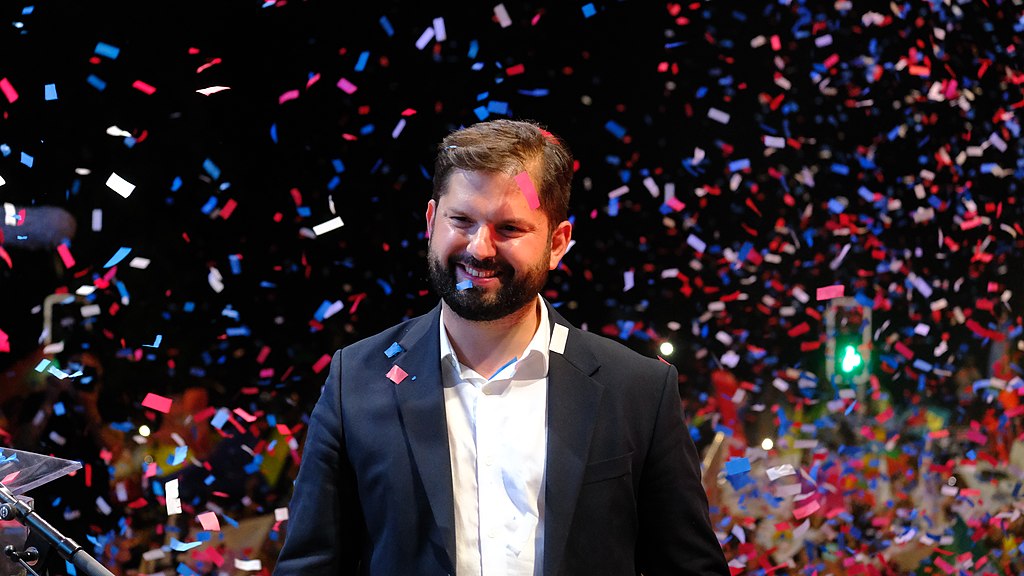With Chile highly vulnerable to climate change, the newly-sworn in president aims to make the climate crisis his top priority, while installing renowned climate scientist as head of environment ministry.
—
Gabriel Boric was sworn in as the new president of Chile on March 11, becoming the country’s youngest and most liberal head of state in decades, ushering what many hoped to be a green new era for the nation.
Following nationwide protests over inequality in 2019, many young progressives have taken more action and participation to contribute and reshape the country’s policies. One of which is the 36-year-old Boric, who ran on a green agenda and ultimately won the public’s support in December 2021. He pledged to take a stronger stance on the fight against the climate crisis and widespread inequality across the country.
“Climate change, dear compatriots, is not an invention,” Boric said in his acceptance speech on election night. “We cannot look the other way when our farmers and peasants, when entire localities are deprived of water or when unique ecosystems are destroyed.”
Chile is projected to be one of the more vulnerable countries in the face of worsening climate change. Each year for more than a decade, rainfall has been below average in the centre of the country. Coupled with record high temperatures and more frequent heat waves, the region is experiencing what’s been referred to as a megadrought, and is at high risk of water scarcity.
To combat this trend, President Boric plans to set more ambitious climate goals to achieve its 2050 net zero emissions target, reduce dependence on fossil fuels, and overhaul the nation’s water management structure. He also aims to adopt a development model that requires less reliance on exporting natural resources. Chile has greatly prospered by exploiting its natural resources including copper, coal, salmon and avocados over the years.
Leading Chile’s new green agenda will be Maisa Rojas, a renowned Chilean climate scientist and one of the authors of August 2021’s Intergovernmental Panel on Climate Change (IPCC) report. Rojas was one of 14 women among the 24 cabinet ministers – forming the country’s first female-majority cabinet – and will head Chile’s environment ministry.
You might also like: The Rising Popularity of Green Political Party Beliefs
At the same time, 155 Chileans have recently been elected to write a new constitution and declared a “climate and ecological emergency”. One important decision will be on how the country mines and manages the highly sought-after metal, lithium. The metal is a core component of the batteries powering electric vehicles. As more countries make the switch towards EVs, the demand and prices for lithium is expected to soar.
Lithium can be found in the vast desert beside the Andes Mountains. The constitution will have to decide on how mining should be regulated, while considering the impacts on the environment and local communities. Other broader issues to question is whether nature should have rights and the future of the country’s presidential system.
While Boric aims to be one of the greenest presidents in Chile, he is not alone. Across Latin America, more politicians have made the environment and climate change part of their political stance and policies. This includes Gustavo Petro, who is currently the frontrunner for the Colombian presidency; Honduras President Xiomara Castro, who has banned open-pit mining weeks after taking office; and Luiz Inacio Lula da Silva in Brazil, who is running against Jair Bolsonaro in hopes to tackle deforestation in the Amazon.
Whether Boric and his administration will deliver on their green promises is yet to be seen. Should he succeed, he will surely inspire more across Latin America.
Featured image by: Wikimedia Commons


















